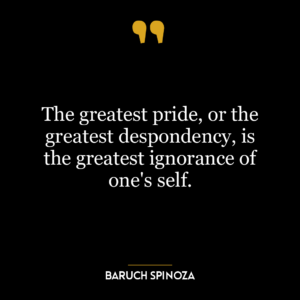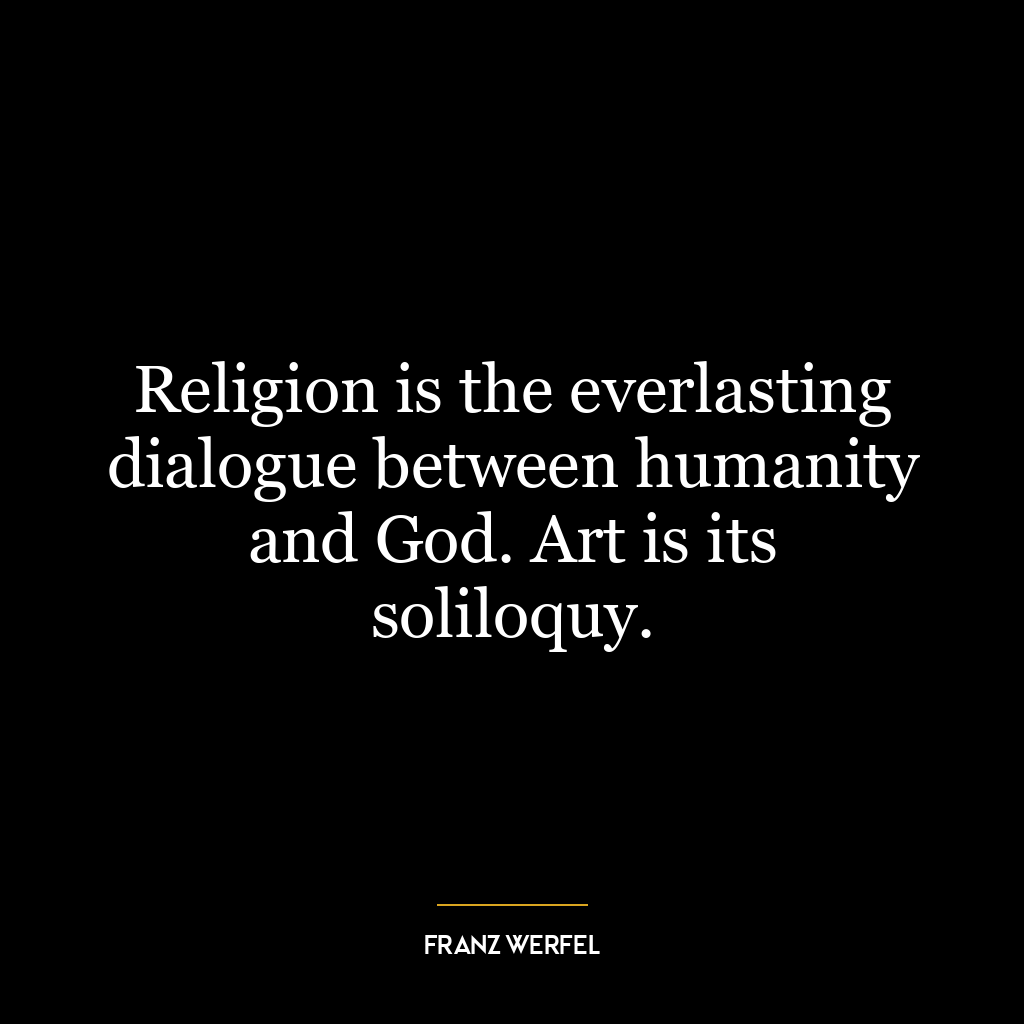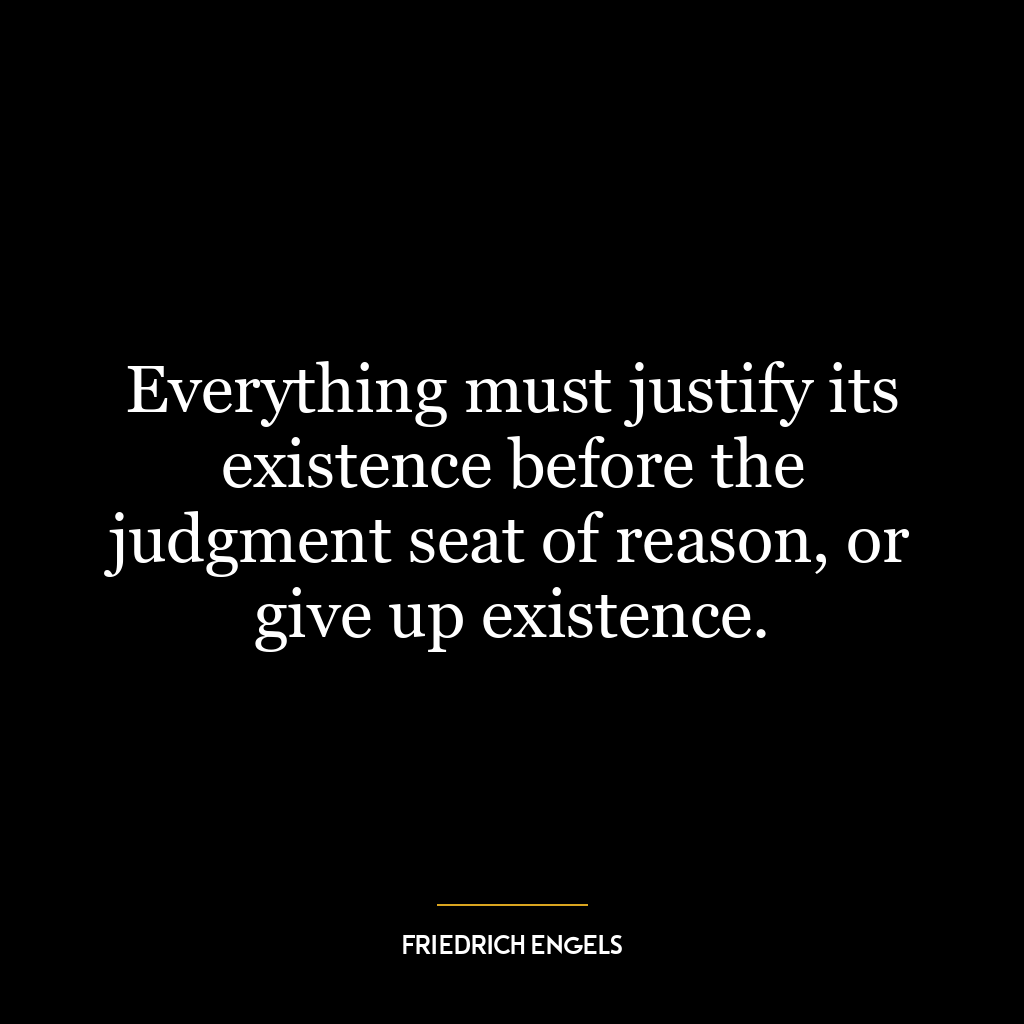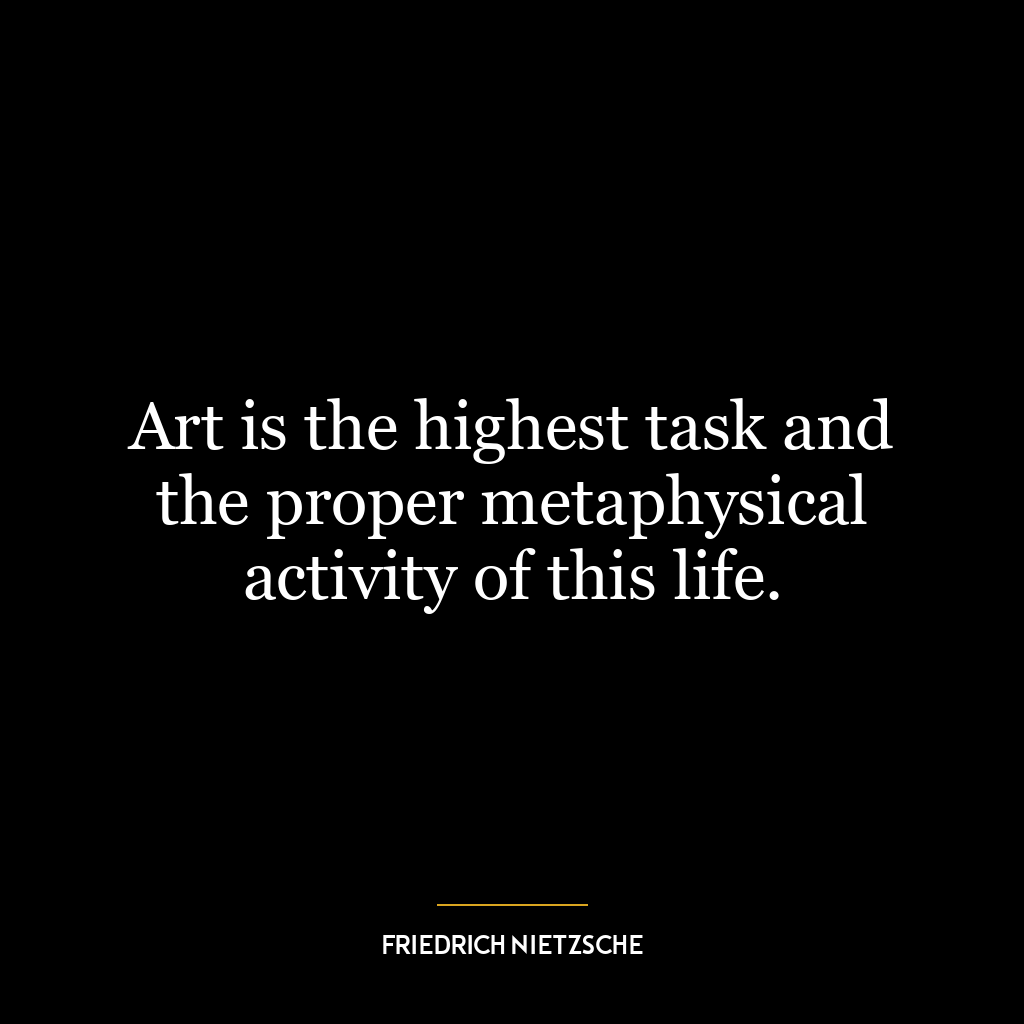Whatsoever is, is in God, and without God nothing can be, or be conceived.
This quote implies that everything that exists, or can be thought of, is a part of God or a manifestation of God. It suggests a kind of pantheism, where God is not a separate entity but rather interwoven with the fabric of existence itself. In other words, God is not an external creator but the essence or the energy that underlies all existence and reality.
The second part of the quote, "without God nothing can be, or be conceived," implies that without this divine essence or energy, nothing can exist or even be thought of. It highlights the inherent interconnectedness and interdependence of all things.
In the context of personal development, this quote can be interpreted in a few ways. One perspective is that it emphasizes the importance of recognizing and respecting the interconnectedness of all things. This can lead to a greater sense of empathy, compassion, and understanding for others and the world around us.
Another perspective is that it suggests that we, as part of the universe, are also part of this divine essence. This can be empowering and uplifting, as it implies that we have the potential to tap into this divine energy and harness it for personal growth and development.
In today’s world, this quote can be applied to various areas, such as environmental conservation, social justice, and even technology. Recognizing that everything is interconnected and part of the same divine essence can inspire us to take better care of our planet, treat others with kindness and respect, and use technology in ways that are beneficial to all of humanity.










